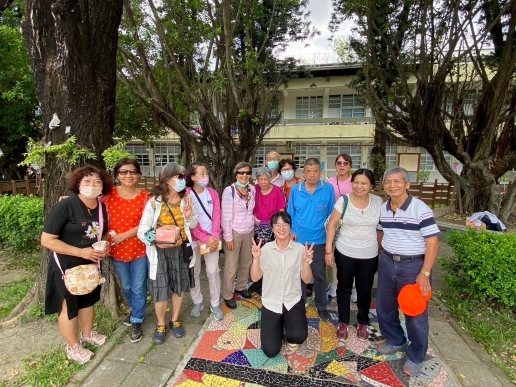According to a "4wayvoice" report, in 2020, the Indonesian government proposed a "zero fees for migrant workers" (移工零付費) policy, requiring Taiwanese employers to shoulder a number of expenses before migrant workers go abroad, to avoid migrant workers from getting into debt for working abroad. Taiwanese employers are not so happy with this policy. The governments of Taiwan and Indonesia have repeatedly negotiated without results, and the policy has not yet been finalized. Therefore, the zero fees policy has not yet been finalized, and the amount of fees that Taiwanese employers will pay in the future has not yet been determined.
0914.jpg)
Foreign care workers come to work in Taiwan and are dissatisfied with the long-term exploitation of intermediary agency fees. Photo/Retrieved from "Newtalk"
The Multinational Workforce Management Team of the Ministry of Labor (MOL, 勞動部跨國勞動力管理組) stated that the last meeting between Taiwan and Indonesia to discuss the "zero fees policy" for migrant workers was on April 8. Since then, the epidemic in the two countries became severe, so there is no updated information at this time, and the next meeting schedule has not yet been determined. Therefore, the news that circulates on the Internet that "Indonesia's zero fees policy goes into effect on July 15" is not true. Wu Ching-Ju (吳靜如), a staff member of the Taiwan International Workers’ Association (TIWA, 台灣國際勞工協會), said that she has not heard that "Indonesia's zero fees policy has come into effect on July 15." This policy has not yet been finalized.
0914.jpg)
Foreign care workers expect employers to give "timely leave". Photo/Retrieved from "Mirror Media"
Indonesia proposed "zero fees for migrant workers" to the Taiwanese government. Many Taiwanese employers were not satisfied with this proposal. The first to be affected are the disabled employers who depend on the care of the migrant workers because most of them are severely disabled and need full-time care, and now with the weak economy, if the Taiwanese employers will bear the cost of migrant workers to come to Taiwan, the family's livelihood may be in trouble. NGO groups believe that family care workers have long been "hard work with low wages", and they are often exploited by private intermediary agencies with high intermediary fees. Indonesia is not wrong to protect their own workers and the Taiwan government should solve the demand for long-term care, abolish the private intermediary system and remove the problem of exploitation, and not to let the situation become worse.
0914.jpg)
The "zero fees for migrant workers" policy has not yet been finalized. Photo/Retrieved from "United Daily News"
At the last negotiation meeting in April, the initial estimate of the cost for Taiwan employers was about NT$23,700 (excluding Taiwan’s intermediary agency fees), which is much lower than the estimated cost of 70 to NT$100,000 in 2020. However, the current policy has not yet been finalized, nor has it been formally implemented. Taiwan employers should be aware and be careful if they are requested by the intermediary agencies to pay higher fees.

0914.jpg)





